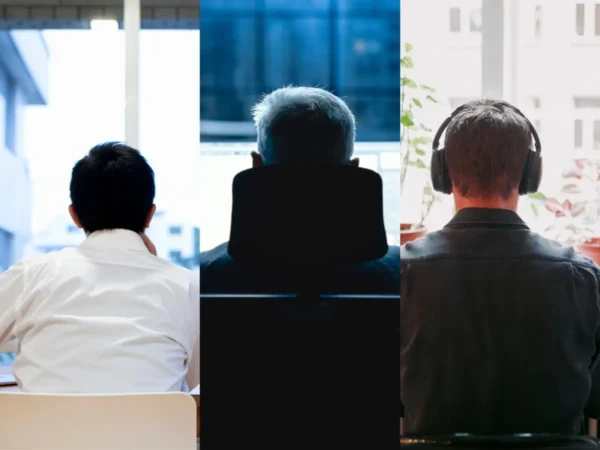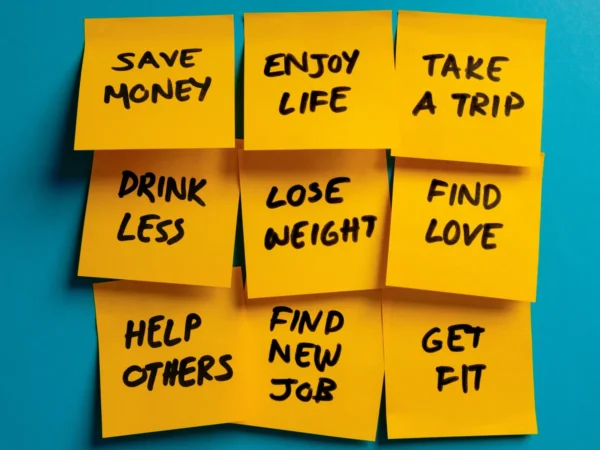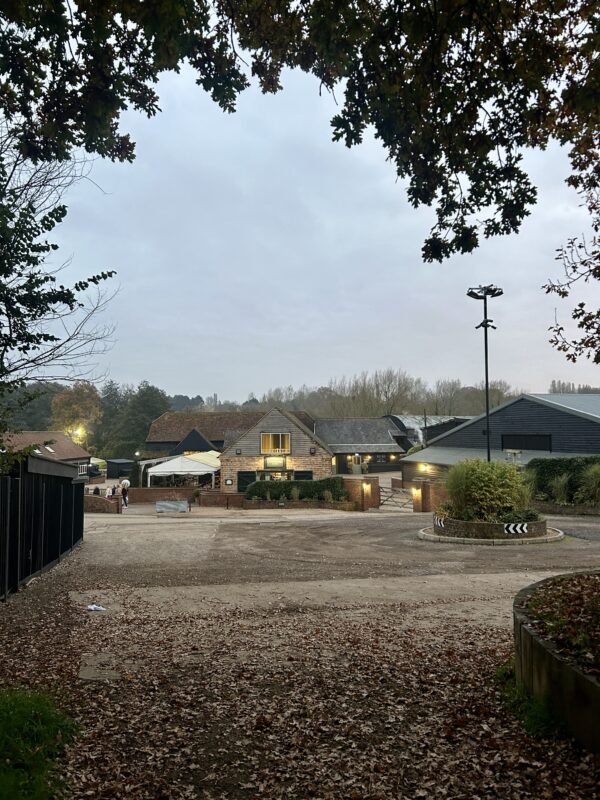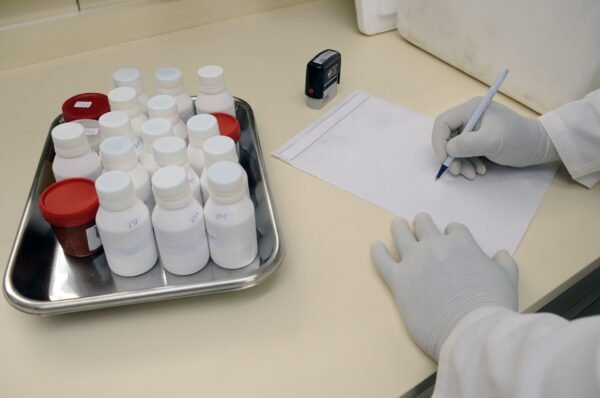
The Myths and Facts About the “Morning After Pill”

There are many myths surrounding the emergency contraceptive pill, commonly known as the “morning-after pill” – most of them lingering from years ago when the way the pill worked was very different. Some common rumours say that the pill can only be taken the morning after sex, or that it can be damaging to your health if you take it too often.
To try and separate the myths from the facts, we spoke to Dr Lizzie Kershaw-Yates, GP and medical team member at The Online Clinic.
MYTH – The morning after pill can only be taken the “morning after” unprotected sex.
FALSE. It depends on the type of emergency contraception used, but the sooner you take them, the more effective they will be. If the pill you take is Levonelle, it can be taken up to 72 hours after unprotected sex, but EllaOne gives you up to 5 days to take the pill. Look into the different kinds of emergency contraceptive pills there are and choose one which is appropriate for you. If you have unprotected sex in the 24-hour window immediately after ovulation, the period of time when the released egg can still be fertilised, then taking emergency contraception after this is unlikely to be effective, although it may make the uterus environment less receptive to implantation, so there is a possibility that pregnancy could still be prevented. In this case you should seek advice on a having a copper coil fitted.
MYTH – The morning after pill is an early abortion.
FALSE. Levonelle contains the hormone levonorgestrel, a man-made version of progesterone. Levonelle is thought to work mainly by preventing or delaying the release of the egg (ovulation).
The active ingredient in ellaOne is called ulipristal acetate. This works by modifying the activity of the natural hormone progesterone in the woman by acting on the body’s progesterone receptors. Ulipristal tricks the body into believing that ovulation has already occurred, resulting in ovulation being delayed or completely prevented and without an egg you cannot get pregnant. The blocking of the progesterone receptors lasts for a few days after and may stop your contraception working – please check with your doctor. If you find yourself dealing with unwanted pregnancy and considering a first trimester abortion procedure, looking up abortion information could be helpful.
MYTH – Regular use of the morning after pill can affect your future fertility and can be damaging to your health.
FALSE. Using the morning after pill repeatedly has no effect on your long-term health. It does not affect how fertile you are in the future. However – it is not as effective as other forms of long-term contraception, so it’s not recommended to take it in place of regular contraception.
MYTH – The emergency contraceptive pill stops women using safe, regular methods of contraception.
FALSE. Studies around the world have proven that access to emergency contraceptive pills does not lead to more unprotected sex or a decrease in long-term contraceptive use. Instead, it provides women with the protection of emergency contraception if they find themselves in a situation where they need it.
MYTH – It’s difficult to get hold of.
FALSE. The emergency contraceptive pill is available at most pharmacies across the UK. There’s no need to make a doctor’s appointment to get a prescription – you can just turn up to the pharmacy to get the pill. It’s also possible to click & collect at some pharmacies so that it’s ready for you when you arrive.
You can also just order the pill online and it will be delivered to you the next day.
MYTH – You’ll feel awful after you take it.
FALSE. All medicines come with side effects that affect certain people, but the emergency contraceptive pill is generally well tolerated, and most people don’t feel any serious effects. The most common side effects people do feel are headaches, feeling sick, stomach pain or period cramps.
There is lots of information available to those who need it, so if in doubt visit a GP or speak to a pharmacist. The pill is accessible to everyone – be sure to have all the information you need so you can make an informed decision if you need to.
















































